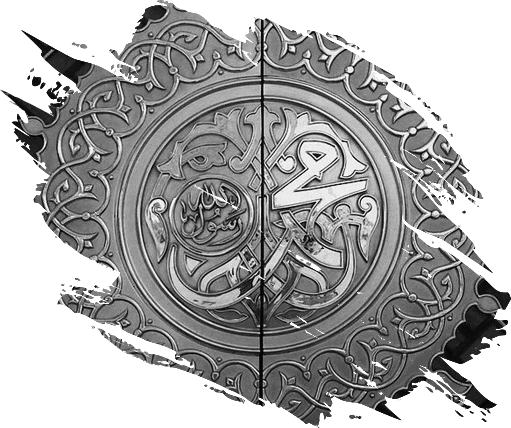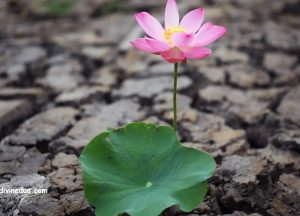 Find Peace Through
Find Peace Through Authentic Islamic Duas

A trusted collection of Qur’an and Sunnah-based supplications for everyday life, moments of hardship, and spiritual growth.
Explore Duas Find Peace Through
Find Peace Through Authentic Islamic Duas

When things are too hard to handle, retreat & count your blessings instead
Explore Duas
A Space for Authentic Duas & Reflection
Divine Dua was created as a calm and reliable space for Muslims seeking closeness to Allah through authentic supplications and spiritual reminders.
Our focus is simplicity, sincerity, and content rooted in the Qur’an and Sunnah — without exaggeration or unnecessary complexity.
- Qur’an and Sunnah-based duas
- Content reviewed with care
- For daily life and difficult moments
- Clear and accessible explanations
- Built for reflection, not distraction
Authentic Duas
Qur’an and Sunnah-based supplications for daily life.
Spiritual Guidance
Simple reminders to strengthen faith and mindfulness.
For Every Situation
Duas for hardship, gratitude, loss, and hope.
Clarity & Trust
Content reviewed with care and responsibility.
Everyday Needs & Life Moments

Evening Adhkar for a Peaceful Night: Unlock Tranquility
- January 7, 2026
- Khalid
Fortress of the Night: Your Authoritative Guide to the Proph...
View DetailsReal-Life Stories on the Power of Morning & Evening Adhkar
- January 7, 2026
- Khalid
"And My Life Changed...": Real Stories of the Transformative...
View DetailsEssential Quranic Duas for Daily Life
- January 7, 2026
- Khalid
Quranic Duas: A Complete Library of Supplications from the Q...
View DetailsWhen Words Fail, Dua Remains
In moments of hardship, gratitude, fear, or hope, turning to Allah through sincere supplication brings peace and clarity.



